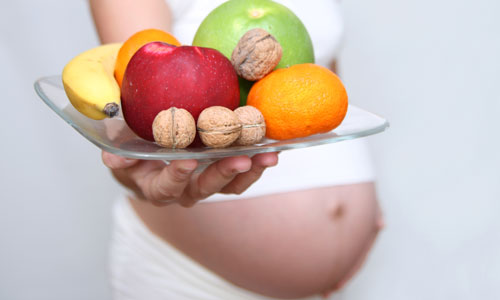Practitioners at Tao of Wellness often ask their patients to reduce or eliminate caffeine from their diet because its stimulating effects are counter-productive to their treatments.
Many people rely on regular consumption of excessive amounts of caffeine. While the drinker may only be aware of the pleasant “lift” that caffeine provides, it has many other effects throughout the body. Caffeine stimulates the nervous system, increases heart rate, blood pressure and possibly cholesterol. It raises blood sugar, and increases metabolism. Caffeine can also irritate the gastrointestinal tract, leading to decreased absorption of nutrients.
Avoiding caffeine is especially important for women who are trying to conceive because caffeine consumption may decrease female fertility, as well as being associated with increased incidences of miscarriages, low birth weight, and birth defects found in newborns. Caffeine overly stimulates and eventually depletes the adrenal glands which are associated with fertility and reproduction. Caffeine can also contribute to symptoms of pre-menstrual tension and menstrual cramping.
It is often difficult to have a sense of just how much caffeine you are consuming because companies are not required to reveal caffeine content on their product labels. A general recommendation is to keep caffeine intake to 40 milligrams per day or less. The following list will give you a general idea of how much caffeine is in commonly consumed beverages.
Approximate caffeine content, in milligrams, for eight ounces of beverage. Keep in mind that caffeine content can vary widely between different brands, brewing methods and serving sizes.
- Brewed coffee 135 mg
- Black Tea 40 mg
- Cola 30 mg
- Green Tea 20 mg
- Decaffeinated coffee 5 mg
- Hot Chocolate 5 mg
- Decaffeinated Tea 2 mg
- Herbal Tea 0 mg
For more information in Traditional Chinese Medicine go to Tao Of Wellness.





